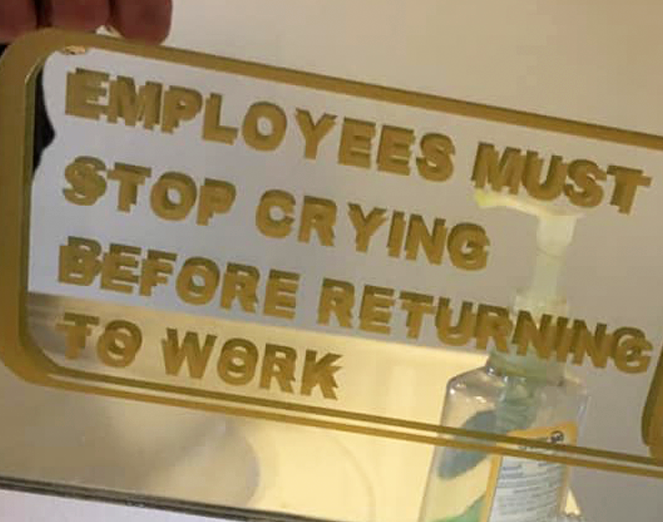How would you defined a what a landlord does, then?
I’m happy to use a different word if that would help, but whatever you call it, there is a structure in place that allows people who own property to make money by doing nothing. Call it ‘land lording’, call it ‘passive income’.
is an inevitable component of life in contemporary society
Yes, but only if it’s:
a. Legal, and: b. Some people can accumulate enough wealth to buy up multiple properties, and: c. Some people are too poor to afford any property (or qualify for financing).
Which is the situation we’re in.
it’s problematic when excessive and greedy
Well we can agree on this. But I’d go further and say that’s always going to be the case, because:
a. Housing isn’t something you can opt out of. b. The people who own the homes have all the bargaining power. c. The more money you can accumulate through renting the more power you have.











Forgive me for only TLDW and not watching, but was ack mentioned?
I’ve never looked back.